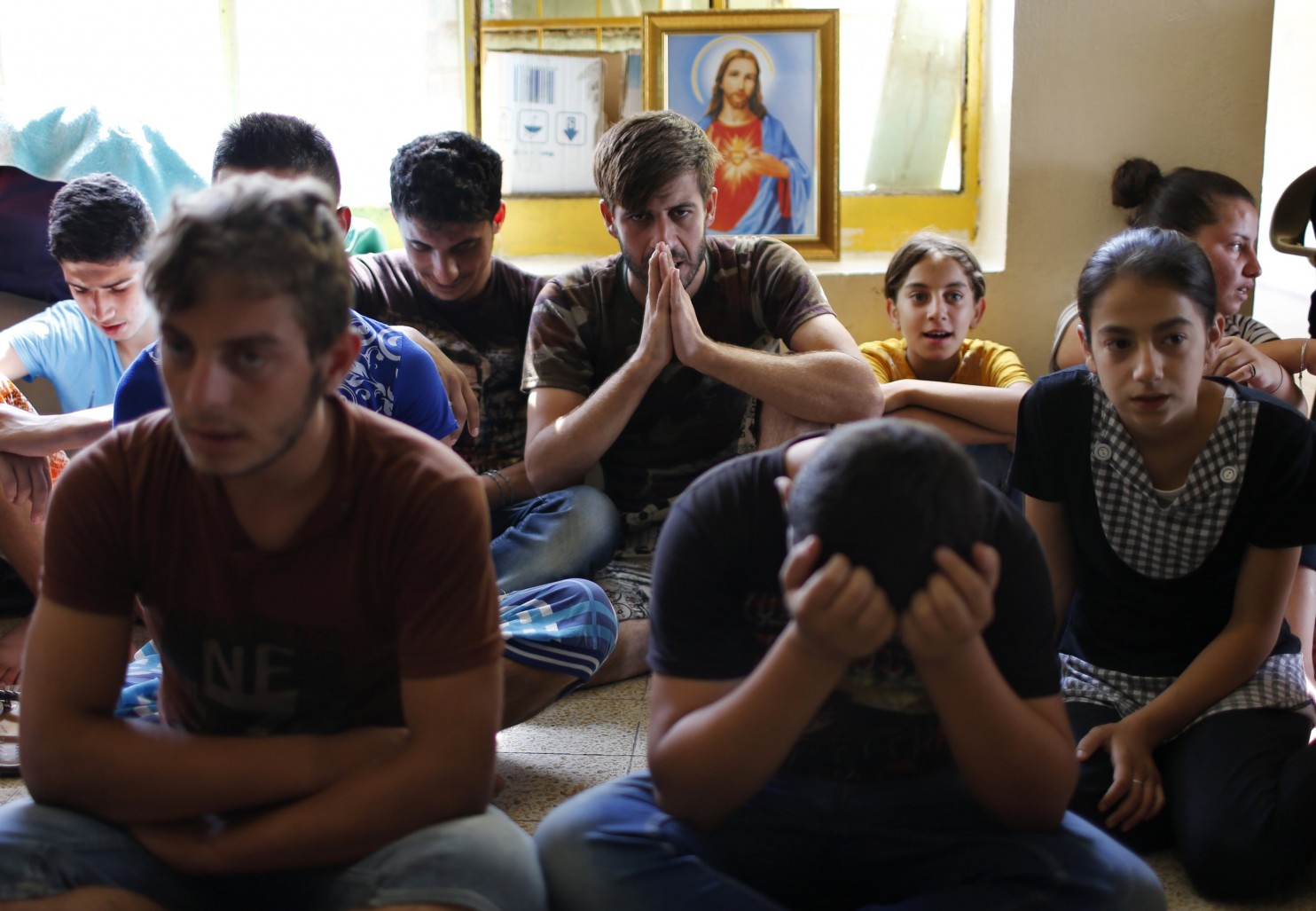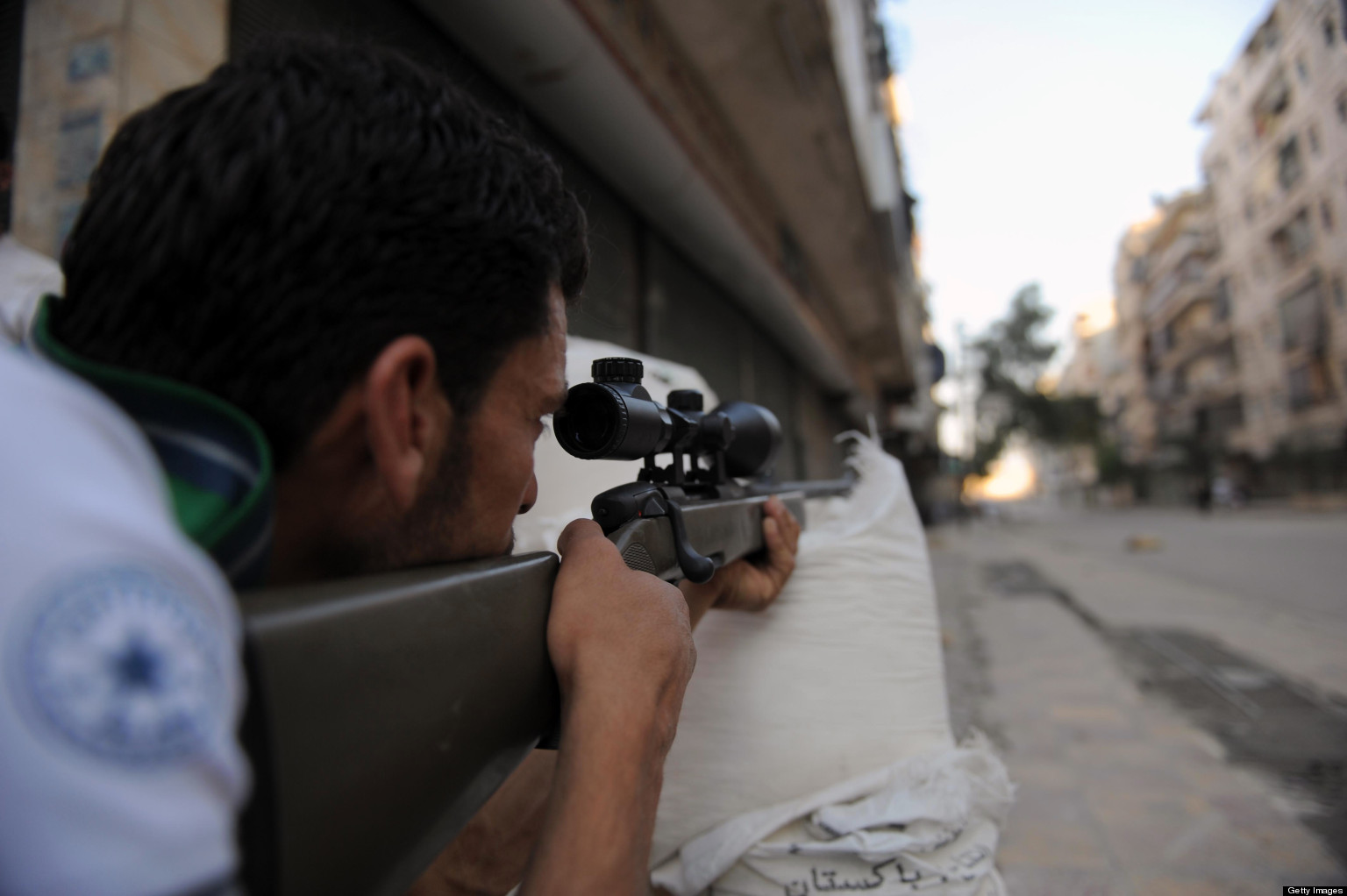In the fifth century, Prophet Muhammad invited a delegation of Chrisitian scholars and leaders from the South Arabian city of Najran to meet with him and politely debate spiritual affairs. Such an early example of ecumenical dialogue between Islam and Christianity culminated in the famous Covenant of Najran, which assured peaceful coexistence between Christians and Muslims and the protection of the minority Christians, and their churches. The meeting was such a peaceful affair that Muhammed ordered his followers to raise tents for his Christian visitors and allowed the Najran delegation to pray at the mosque.
Today these acts seem a far cry to the brutal repression by the so-called Islamic State towards Christian minorities who, till now, have lived for centuries in Northern Iraq and Syria. Of course, much of this repression is not new, as Iraqi Christians have faced increased animosity and intolerance from their Muslim neighbors since the 2003 US-led invasion into Iraq. In fact, since the ousting of the Saddam Hussein regime, two out of three Christians in Iraq have fled as refugees.
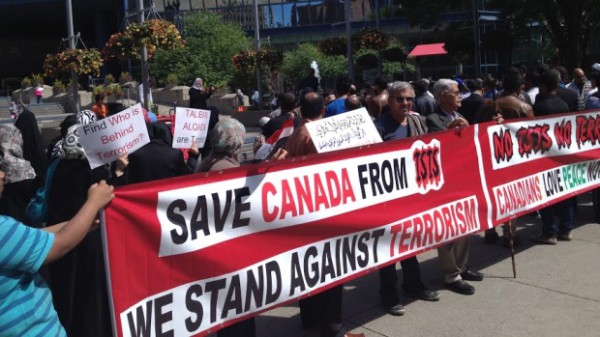
However the emergence of ISIS as a pseudo-state has turned the oppression of Christians from one of terrorist attacks by non-state jihadi groups to a systematic genocide that is reminiscent of the state-backed mass murders that pepper the breadth of human history. Atrocities such as jihadists running brothels filled with enslaved Christian and Yazidi women, the eviction of Christians from their ancient homes and forced conversions have only made the seemingly inevitable destruction of the Iraqi Christian community more certain.
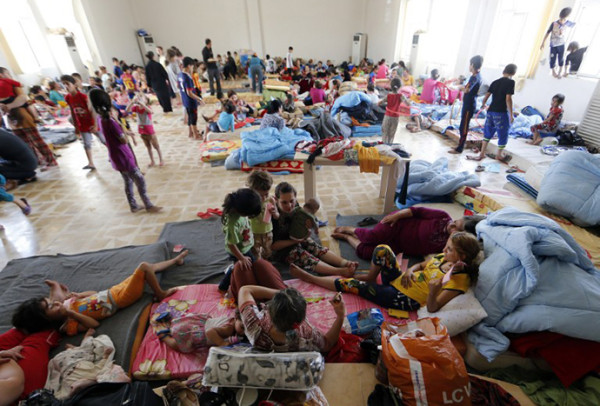
As Christians are being exterminated alongside other religious minorities, many are beginning to question the relatively lackluster support that the West is providing for this embattled minority. Much of this reduced support may be the result of popular myths that infuse Western political discourse. For instance, many often see Christianity through a Eurocentric lens where the religion is considered a European export that was imposed on indigenous populations during colonial times. However in the Middle East this is far from the truth as Christianity not only predates Islam, but also predates the spread of Christianity into Western Europe. In fact, many Iraqi Christians say mass in Aramaic, the language of Jesus and were first converted by missionaries who were taught directly by the founder of Christianity.
“If you fight for us,” said one Peshmerga fighter, “you fight for all of humanity.”
However, regardless of this flawed Western perception, the West has a responsibility to protect these minorities, who are not only co-religionists to a great majority of the West but who are also the main victims of the violent backlash that results from Western interventions into the Middle East. In Iraq, before the onset of the 2003 US-led invasion or during the Syrian civil war, Christians in the region begged Western powers to hold off interventions as they were fully aware of how such actions could become powerful justifications for the terrorizing of minority religious groups who share what was perceived as the same faith system as the coalition force. Of course, in terms of Iraq such words fell on deaf ears and for the next ten years, Iraqi Christians were forced to flee as a result of the backlash.
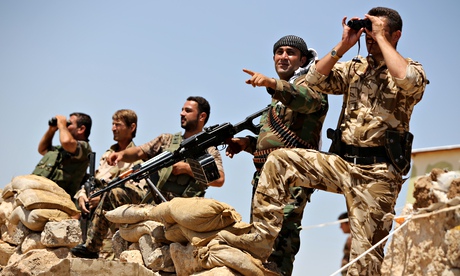
Though the West has given little support to ensuring the sustainability of these ancient Christian communities, there is still one shining light in the Middle East. The Kurdish Muslims have opened their borders and homes to Christians fleeing ISIS and the Kurdish Peshmerga are spearheading the campaign to eradicate the ISIS threat. In a recent VICE documentary, the Peshmerga called on the world to help them in this fight to protect Iraq and its vulnerable minorities. “If you fight for us,” said one Peshmerga fighter, “you fight for all of humanity.” The question is will the West follow the Kurdish example? Anojan Nicholas

